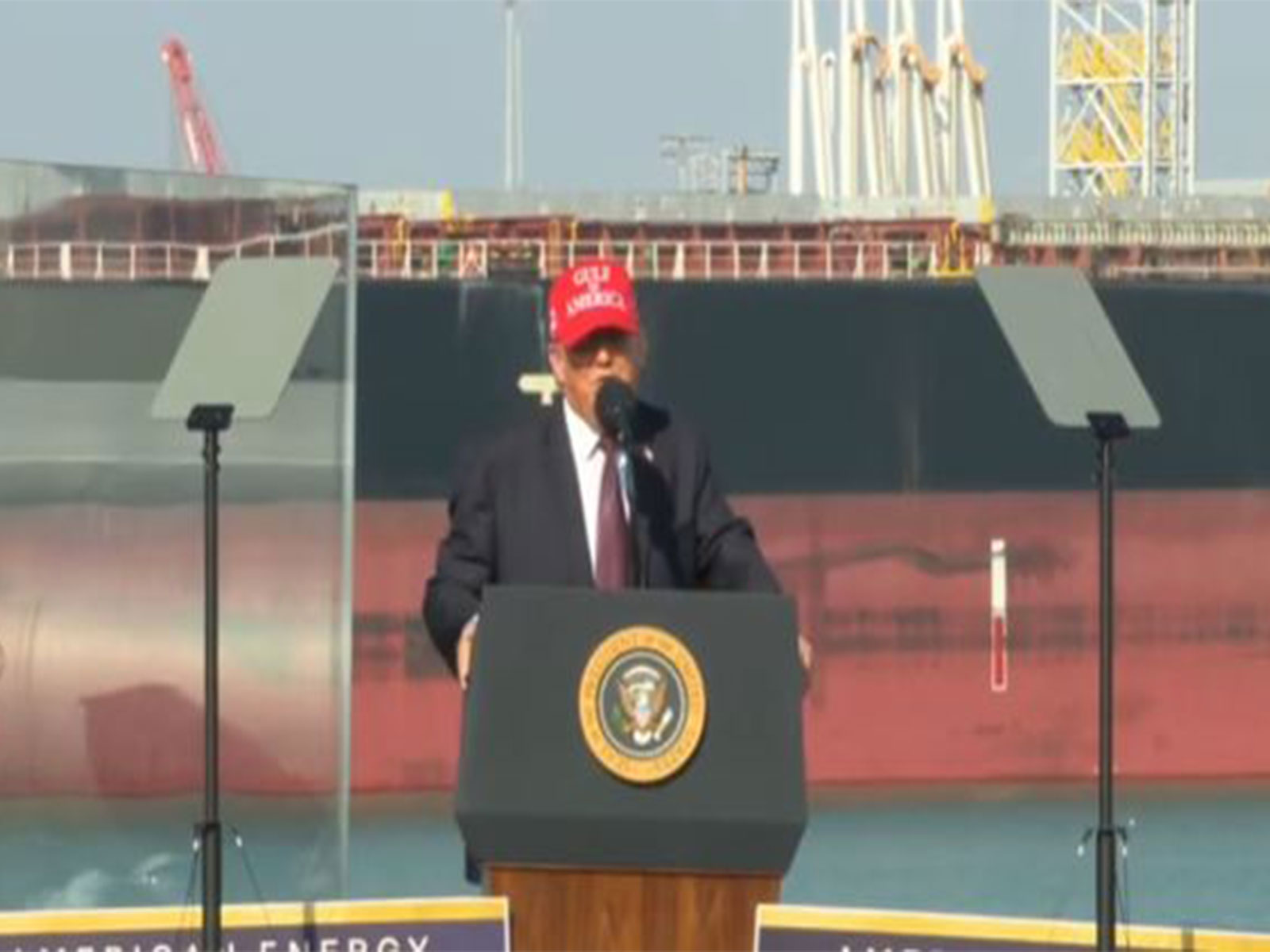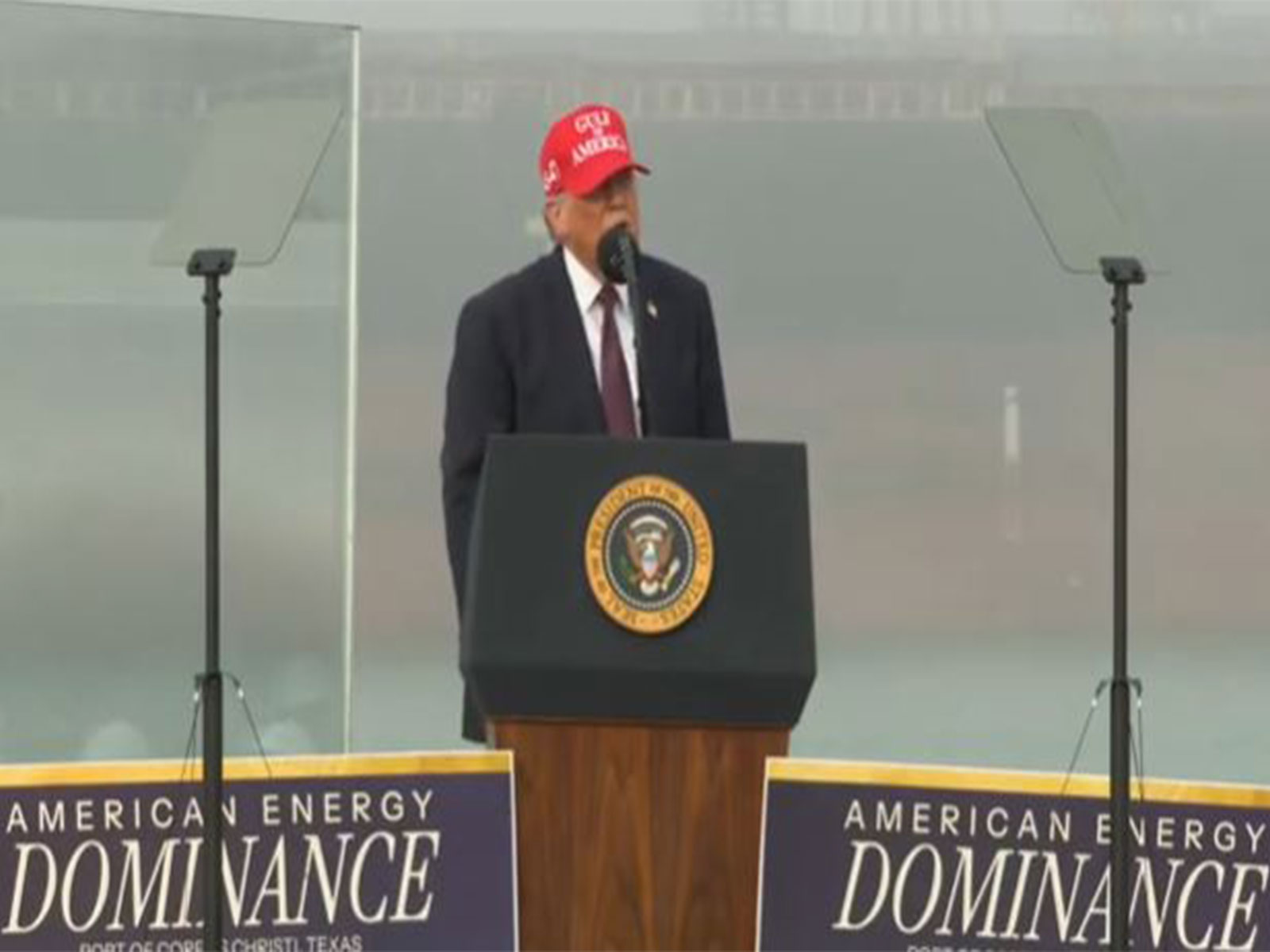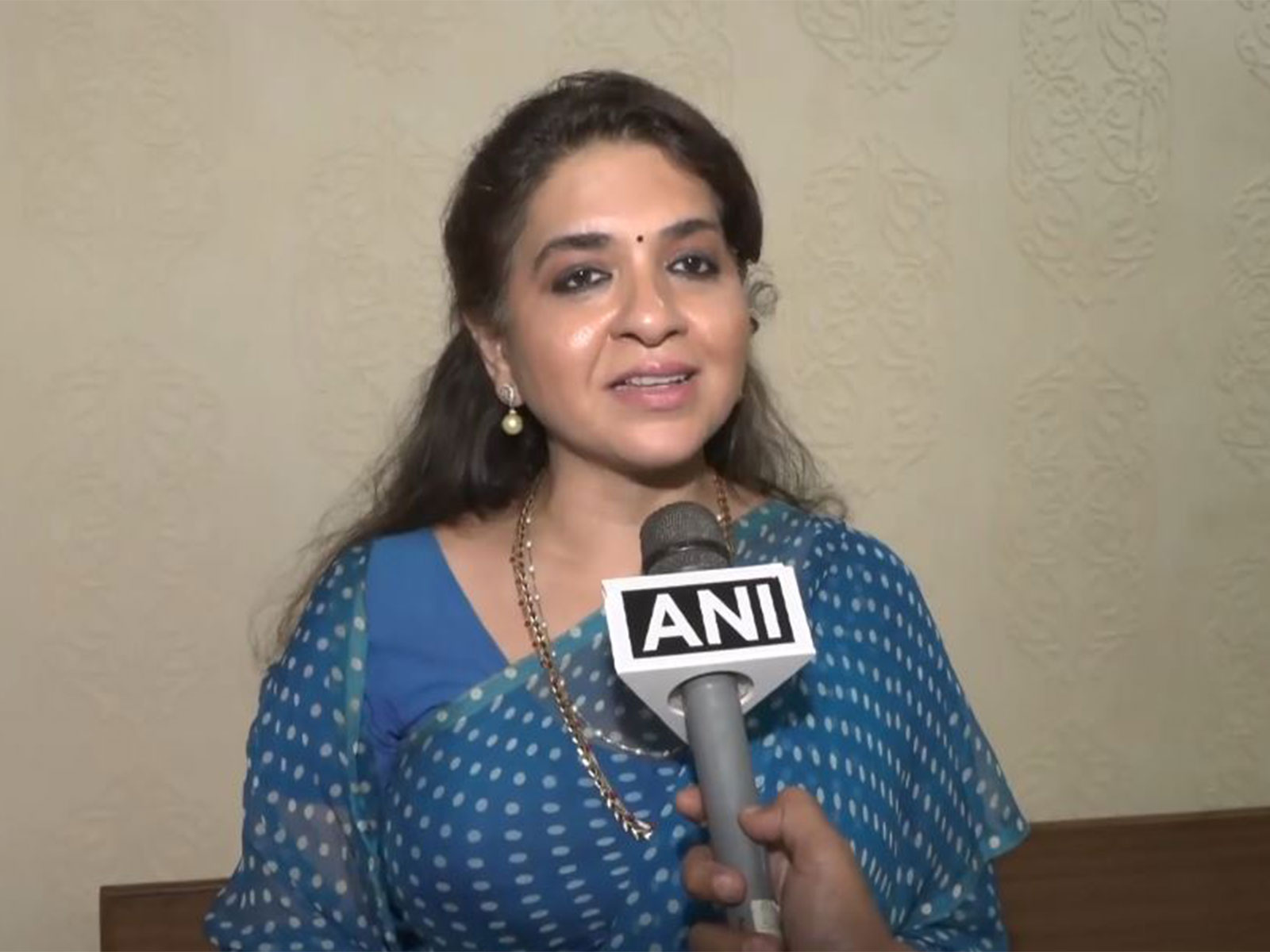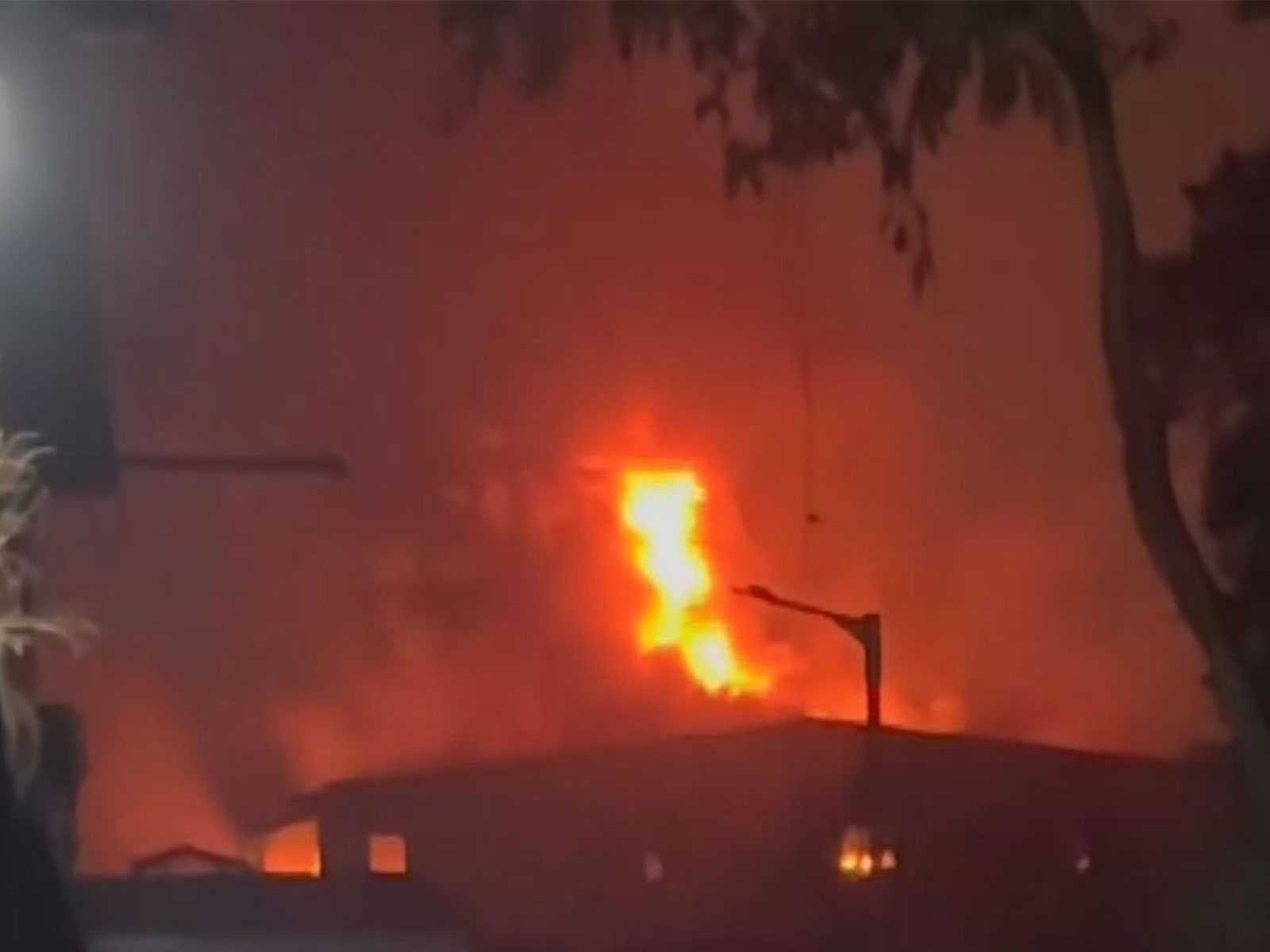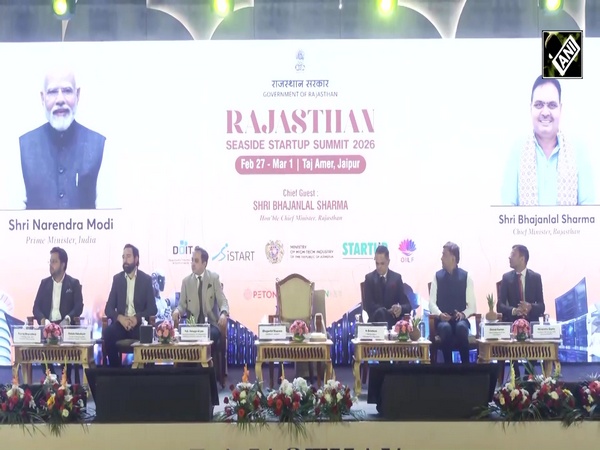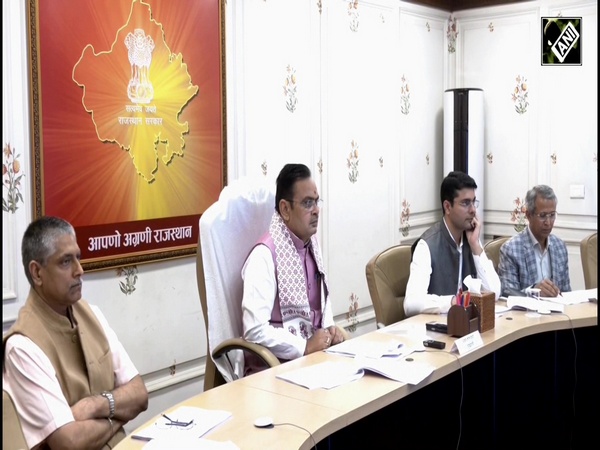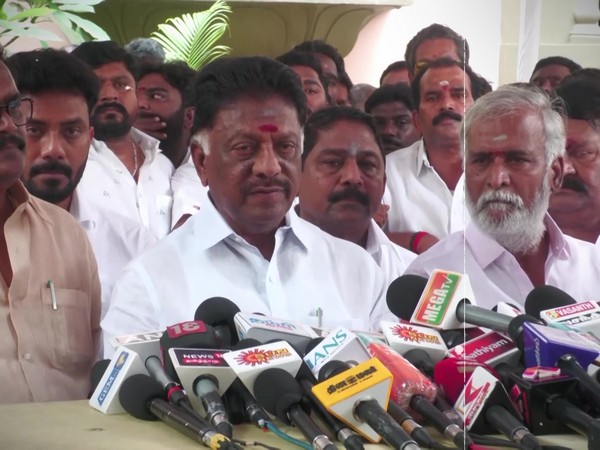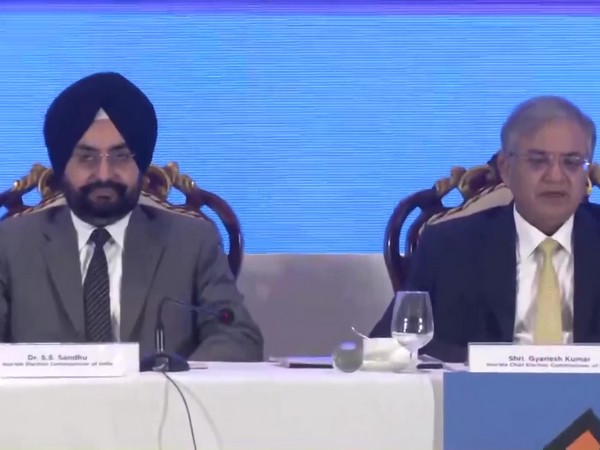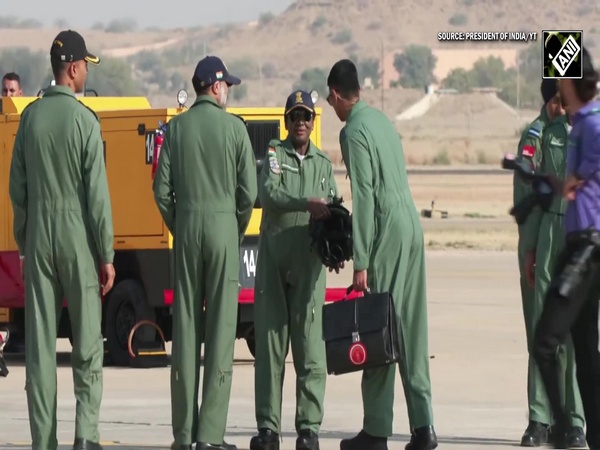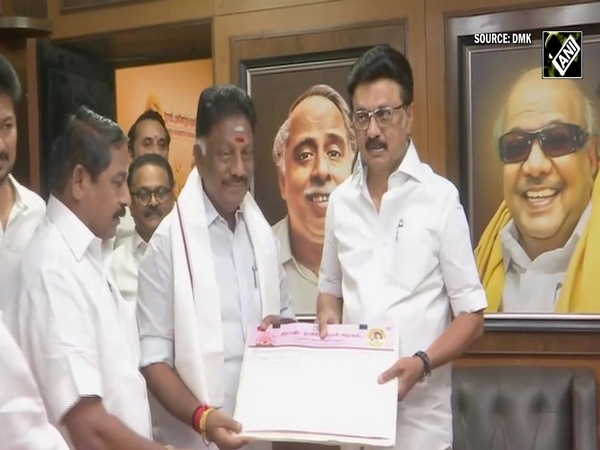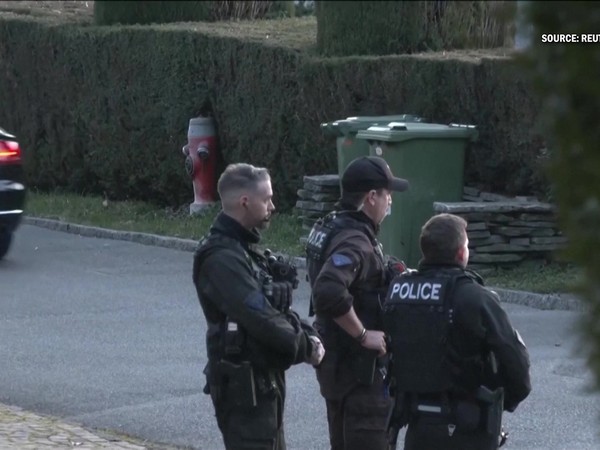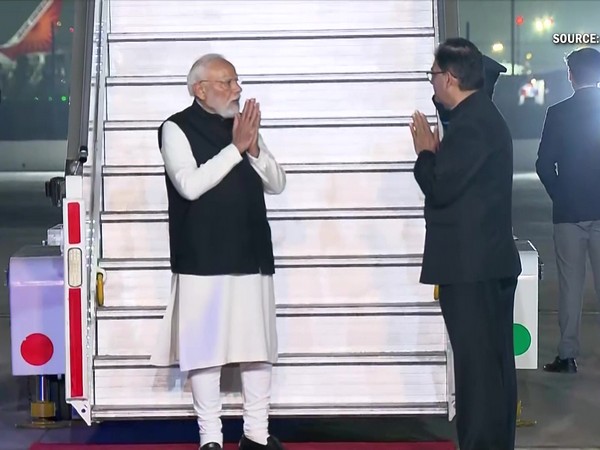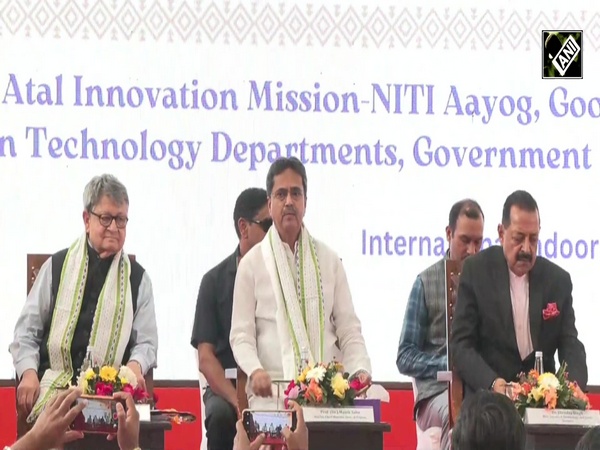Economists warn Pakistan's poverty decline has stalled amid political turmoil, weak growth and climate shocks
Nov 15, 2025
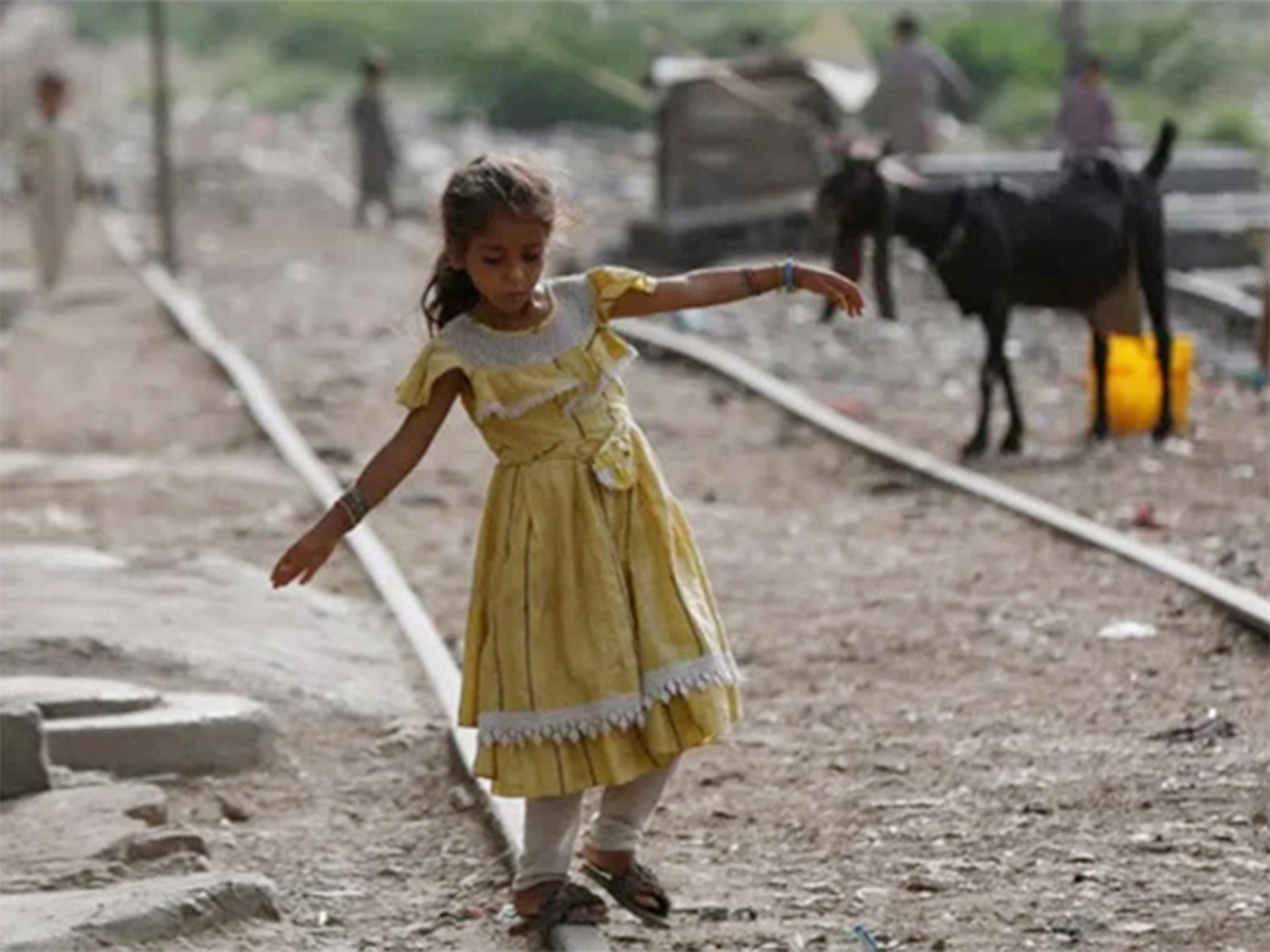
Karachi [Pakistan], November 15 : Pakistan's long-standing progress in reducing poverty has come to a halt, economists cautioned at the Fifth Annual International Conference of the School of Economics and Social Sciences (SESS) at IBA.
The event, themed "A New Global Order, Yet Again," featured a panel titled "Pakistan at a Crossroads: Poverty, Growth, and the Global Shift," where speakers unpacked the World Bank's first full Poverty Assessment in two decades, as reported by The Express Tribune.
According to The Express Tribune, the assessment, which depicts Pakistan's poverty rate, which had fallen dramatically from 64.3 per cent in 2001 to 21.9 per cent in 2015, has stagnated or worsened since 2018-19.
This reversal is the consequence of overlapping political turmoil, persistent economic instability, and climate-driven disasters that have repeatedly hit vulnerable households.
The World Bank's findings indicate that earlier poverty reduction was fuelled largely by a shift from farming to service-based income, with nearly 57 per cent of the decline linked to non-agricultural labour.
That structural transformation, however, appears exhausted. Most new employment now emerges in low-paying, low-productivity informal sectors that do little to stabilise household incomes.
Speakers also noted that remittances, once a critical source of support, now provide limited relief. Adjusted for inflation, their real value has dropped, weakening a key safety net. Labour informality remains entrenched, covering nearly 85 per cent of the workforce, while women's economic participation remains frozen at around 25 per cent.
Even more alarming, almost 37 per cent of young Pakistanis fall into the NEET category, the highest rate in South Asia. World Bank representative Maria Qazi warned that millions of Pakistanis survive barely above the poverty line, vulnerable to sudden shocks such as inflation or illness.
Basic services also remain inadequate, with only 4.3 per cent of households receiving piped water daily, as highlighted by The Express Tribune.
Fiscal challenges dominated the panel. Sindh Revenue Board Chairman Wasif Ali Memon stressed the need for progressive taxation and devolved revenue systems, arguing that Pakistan's narrow tax base and reliance on indirect taxation hinder long-term poverty reduction.
Christina Wieser of the World Bank said Pakistan must move beyond cash transfers like BISP toward job creation and gender-inclusive growth. Other panellists, including Khurrum Husain and Asad Syed, linked rising inequality to speculative economic patterns, weak investment, and overreliance on external rents, as reported by The Express Tribune.


